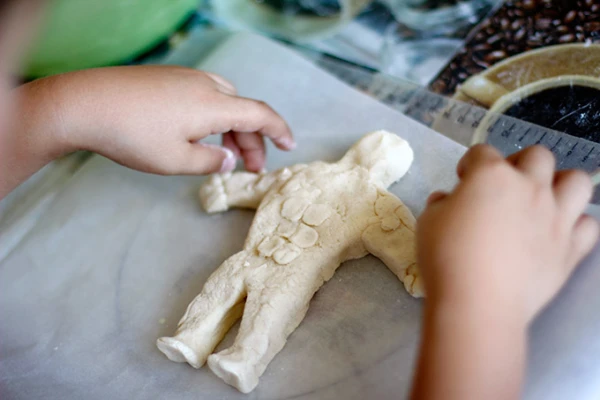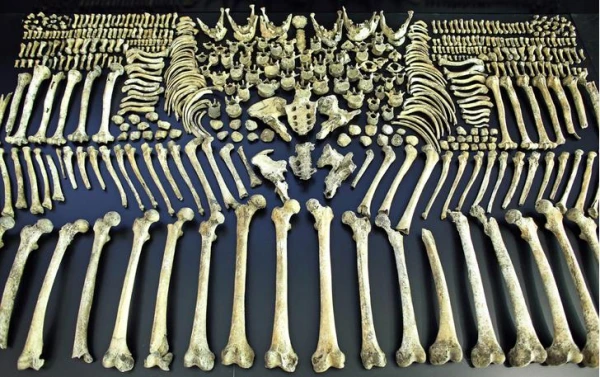
Scientists have found out why people are more often attracted to those who are already in relationships and frequently fantasize about how to poach someone else's partner.
According to estimates by British and American psychologists, every fifth new couple forms after one of the participants has taken someone else's partner. Of course, situations vary — for example, when people cannot immediately recognize their true soulmate and live for a long time with someone they do not love. But more often, the reason lies elsewhere.
Experts explained how "partner poaching" occurs and what it leads to.
Copying Someone Else's Choice: What Biology Says
Studies have repeatedly shown that not only among humans but also among animals, whether fish, birds, or primates, those who are already in a pair seem more attractive. This behavior is called "mate choice copying" and has arisen during human evolution.
Women are more likely to poach someone else's partners, and this is related to the desire to continue the lineage and find a reliable father for future offspring. A man who has already been chosen by another woman is perceived as tested, more reliable, capable of providing for a family, and more attractive.
Relationship consultant Limor Gottlieb explains: "For a woman, the easiest way to determine how worthy a man is is to see him next to another attractive woman."
Interestingly, men are evolutionarily inclined to focus on external signs of fertility and are less dependent on social signals, which are so important for women, notes psychologist Eloise Skinner.
"When opportunities are limited and potential benefits outweigh the risks, some people start pursuing those who are already taken to increase their chances of continuing the lineage," Gottlieb continues.
Psychological Portrait of Homewreckers
Such behavior is especially characteristic of people with pronounced traits of narcissism and extraversion — those who love to socialize, behave confidently, and seek thrills.
Psychologist and author of the book "Narcissistic Abuse: How to Recognize Manipulation, Break the Traumatic Bond, and Regain Control of Your Life" Shahida Arabi notes that hunters and huntresses of someone else's beloved rarely act out of true love or the desire to create a family. More often, they are driven by envy, rivalry, the desire to win in a love triangle, and to boost their ego. Moreover, such people are characterized not only by narcissism but also by Machiavellianism (manipulativeness, calculativeness), as well as psychopathic traits — three characteristics that form the so-called "dark triad of personality."
Sometimes homewreckers engage in quick romances with someone else's partners, but there are also those who plan for years on how to obtain someone else's.
Can Happiness Be Built on Someone Else's Misery?
The fate of homewreckers engaged in "partner poaching" varies. However, according to psychologists' observations, in unions formed in this way, one of the participants often repeats a similar scenario. And this is easily explained.
Firstly, hunters of someone else's partners are usually inclined by nature to short-term relationships and infidelity.
Additionally, when hunting for someone else's couple, often only the external attractiveness of the person is evaluated, but not genuine compatibility; events are rushed, leading to tangled and destructive relationships.
Gottlieb warns: "There are no guarantees that the person you are attracted to is truly right for you. Someone may look attractive from the outside but may not suit you at all in shared life." She adds: "Long-term relationships are built on compatibility, shared values, the desire to invest in the relationship, and to be faithful to one's choice. However, by striving to obtain someone else's, we risk entering a relationship that has no chance of becoming long-term.













